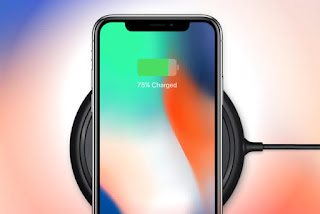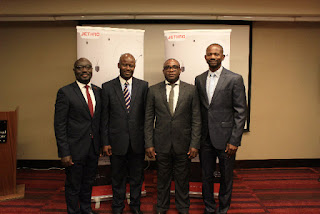Is wireless charging bad for your smartphone?
With Apple finally bringing native wireless charging to its iPhone lineup, the technology will become far more widely adopted, both among consumers and within corporations.
Apple chose to use the Qi specification, which uses inductive charging technology, for its iPhone 8 and iPhone X lineup of smartphones. Samsung committed to the same specification for its flagship Galaxy smartphones; in all, about 90 smartphone models use Qi today, making it the industry's most popular among three standards. In addition to desktop charging stations (typically in the form of small charging pads), the automotive marketplace has also adopted in-cabin wireless charging.
Nearly 80 car models, from Audi, Chevrolet and KIA to Hyundai, Nissan and BMW, offer in-cabin wireless charging based on the electromagnetic Qi charging specification.
There are more than 5,000 public Qi charging locations worldwide, according to the Wireless Power Consortium (WPC), the entity in charge of the Qi standard.
Major brands like McDonald's, Marriott, Ibis and others have built Qi into their properties. Airports, such as London Heathrow, Philadelphia and others around the world, have Qi charging stations. And businesses like Facebook, Google, Deloitte, PwC and Cisco have built Qi into their corporate offices.
"Over the last few years, one of the major delays for [manufacturers] wanting to introduce wireless charging solutions, particularly in the automotive in-cabin market, is the wait to discover which standard Apple may choose for any wireless-charging-enabled iPhone," said Vicky Yussuff, IHS lead analyst for wireless power. "Now that Apple has decided to use the Qi standard, transmitter shipments into the in-cabin market will likely surge."
Consumer demand for wireless charging in the office and public spaces is heavily driven by adoption of devices in the mobile phone market, both in terms of volume and technology choices. So now that Apple has chosen to use the Qi standard of wireless charging, it makes it easier for suppliers of chargers in public infrastructure to provide suitable charging solutions that will work with the devices, Yussuff said.
Along with third-party wireless charging manufacturers, Apple also plans to release its own AirPower wireless charging station designed to charge up to three Apple products at once, including the iPhone devices, Apple Watch and Apple AirPods through the charging case.
Source: https://www.computerworld.com




Comments
Post a Comment